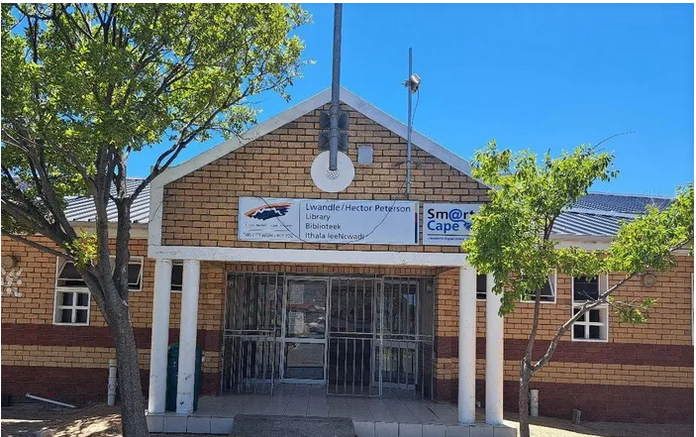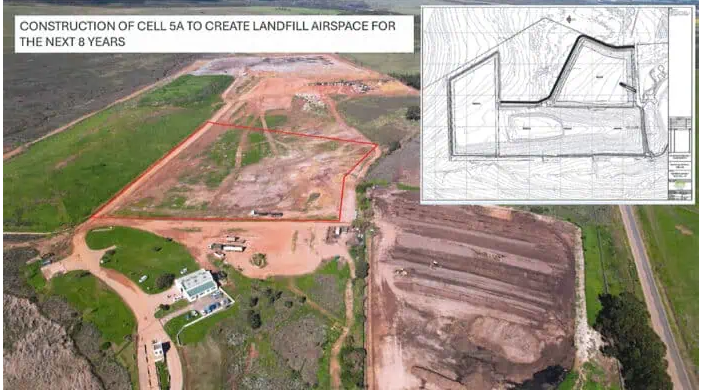Rising contractor -subcontractor disputes highlight contract awareness crisis

Advertising
18-11-2025
Read : 209 times
Property Wheel
Source
Disputes between main contractors and subcontractors are rising across SA, largely due to poor contract awareness, non-standard agreements, and weak regulatory oversight.
Subcontractors, often desperate for work, find themselves signing inadequate or unfair contracts (sometimes no more than short agreements) without understanding their rights or dispute procedures, leading to unpaid claims and financial distress, especially after contract termination.
The matter has been escalated within the Western Cape Property Development Forum (WCPDF) as a major concern by regional member organisations Master Builders Association Western Cape (MBAWC) and South African Forum of Civil Engineering Contractors (SAFCEC). The members of the WCPDF’s voluntary Construction and Related Professions workgroup, on which both organisations sit together with their roles on the WCPDF Management Committee (ManComm), are now collaborating towards a collective approach to improve the situation.
Both MBAWC and SAFCEC Western Cape note this is a national crisis, worsened by additional challenges such as minimal entry requirements for CIDB registration and lack of administrative capacity among smaller firms. Under the umbrella of the WCPDF, these organisations are now collaboratively calling on the property development and construction industry to stand behind creating a culture of awareness and preparedness among subcontractors concerning their legal and contractual rights and obligations.
According to WCPDF ManComm representative, Rudolf Murray (SAFCEC’s Acting Finance Manager and Western Cape Regional Manager), there are two major issues at stake for subcontractors: “There is such economic pressure on the construction sector that subcontractors, eager and even desperate for work, will sign anything to secure a project; it may even just be a two-page agreement with no mention of any resolution mechanisms, either for time delays or even cancellations.”
“But, along with this, many subcontractors are not actually aware of what legal rights should be contained in anything they sign to protect themselves, or even that they are signing non-standard agreements and contracts. Although they may be more than skilled and competent to do the work, they lack the soft skills on the administrative side, exacerbated by the fact they are already just trying to keep their heads above the water.”
The MBAWC has been promoting regular training, legal education, and contract review support to its members for some time, with a suite of user-friendly standard contract documents available for purchase to members and the public from their Cape Town offices.
“This matter is of concern in the construction industry across South Africa. It is essential to raise awareness in terms of the importance of understanding the contracts being signed as well as the rights and obligations that come with them,” notes Petra Devereux, Executive Director of MBAWC.
Devereux has been dealing with the challenge together with the MBAWC’s Complaints and Disputes Resolution Officer for some time. “This challenge around subcontractors not fully knowing their rights according to contracts signed is becoming a major issue for them. Main contractors are not employing their own staff to the degree they used to previously, hence the use of subcontractors to perform most of the works.”
The MBAWC has also recently invited members who are construction law experts into its Members Information Sessions to run through the basic principles of what should be included in contracts, particularly the non-negotiables, when signing non-standard forms of contracts.
“We have taken it upon ourselves, in the future, to roll out additional training sessions on the various contracts available. We have a significant number of legal experts who are on board for these. They will run these sessions free of charge for MBA members and then at a preferential rate for non-members.”
The training of subcontractors is also at the forefront for SACFEC but the organisation says that other issues exacerbate the situation such as the role that the Construction Industry Development Board (CIBD) should be fulfilling in registering contractors. “If you have no more than an ID, you can go to the CIBD offices and register as a contractor at Level 1, and this is where the problem arises,” says Murray.
While the CIBD has said that it intends to introduce basic entry-level requirements, the industry currently sits with over 100 000 registered companies at only Level 1.
“This is totally ridiculous,” believes Murray, “and should never have been allowed to happen in the first place. As an industry, we should be lobbying the CIDB to introduce at the very least minimum competency standards and training before any registration takes place.”
What both SAFCEC and the MBAWC are proposing, together with the WCPDF, is a first-off webinar in early 2026, open to the industry to provide education on contractual issues. Awareness campaigns will also strengthen plans for future webinars and access to online training to reach subcontractors across as many platforms as possible.
The WCPDF is also creating an ‘Advice’ section on its website during November 2025 to host articles and information produced by the MBAWC and other fellow industry organisations, encouraging the industry to be more proactive in honourable contractual establishment.
The website information will also note training offered currently in this regard.
“For instance, in the Western Cape, SANRAL now has a help desk in Bellville where contractors can receive guidance. Because guidance is really what we are talking about here,” concludes Murray.
Recent News
Here are recent news articles from the Building and Construction Industry.
Have you signed up for your free copy yet?









